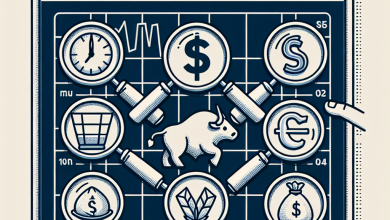
Hedge Funds Abandon Dip Buying Before Macro Catalysts: Barclays
Hedge funds are shifting their strategies, as they are no longer inclined to buy dips ahead of key macroeconomic events, according to a recent report from Barclays strategists.
The report highlights some re-engagement in equity markets last month; however, discretionary equity exposure among hedge funds has not yet rebounded to levels seen prior to the de-risking phase that occurred in August. While long-only funds have begun to increase their positions, their overall equity exposure remains near lows not seen since 2020-2021.
Interestingly, global macro and multi-strategy hedge funds were active buyers during the summer’s risk-off period but have since paused their activities. The note indicates that near-term challenges, such as seasonal trends—specifically, a historical tendency for larger drawdowns in the SPX during September and October—and uncertainty surrounding the upcoming U.S. elections, are causing many investors to remain cautious.
Barclays suggests that while equity positioning does not appear excessively extended, there is the potential for stocks to become more appealing as the year progresses, especially once the uncertainty surrounding the U.S. elections dissipates.
Despite equities hitting new heights, the underlying macroeconomic and earnings fundamentals remain supportive. There is a growing sentiment regarding a ‘Goldilocks’ soft landing scenario, driven by strong U.S. macroeconomic data, favorable labor statistics, easing inflation pressures, and the Federal Reserve’s significant rate cut of 50 basis points.
In September, the U.S. job market demonstrated resilience, with nonfarm payrolls increasing by 254,000—substantially surpassing the anticipated 150,000 and up from a revised 159,000 in August. Additionally, the unemployment rate dipped slightly to 4.1%, reinforcing the notion of a healthy job market.
Conversely, positioning in long bonds appears quite stretched, indicating that bond investors may be more skeptical about the economic outlook.
In another development, the differing monetary policies between the Bank of Japan and the Federal Reserve have led speculative investors to grow increasingly optimistic about the Japanese yen.
 GOOGL
GOOGL  META
META 


